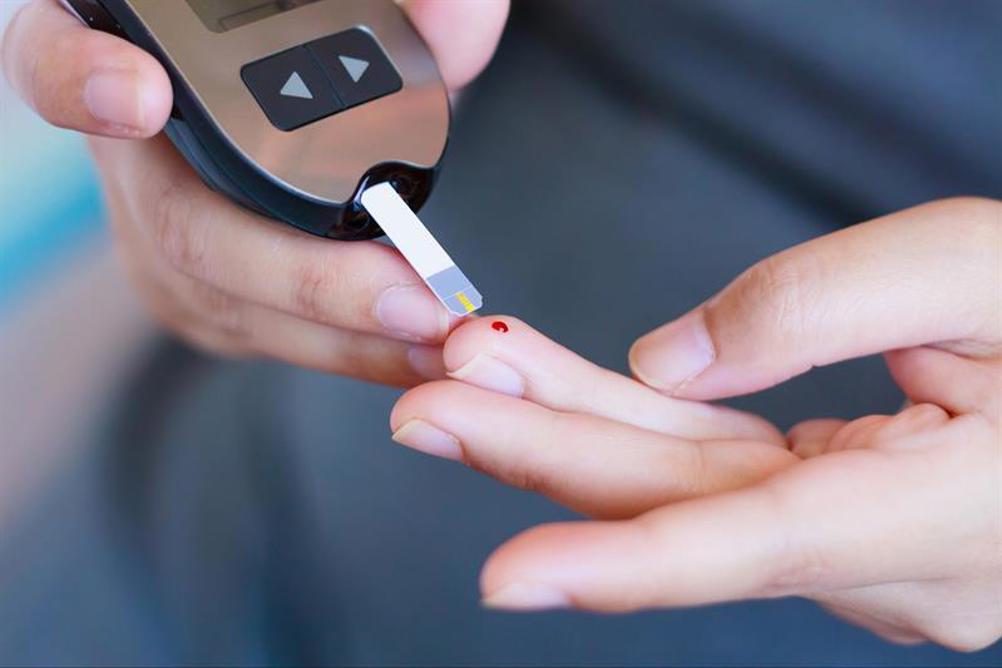
Researchers at Queen’s University Belfast have evidence the safety and cost-effectiveness of a new surveillance pathway for people with diabetic eye disease.
It would free ophthalmologists to evaluate and treat people who required urgent care, alleviate pressure on capacity at clinics and save £1,390 per 100 patients.
The study tested an ophthalmic grader pathway where trained graders, rather than ophthalmologists, monitored people with diabetic macular oedema and proliferative diabetic retinopathy based on readings of images and scans.
It found graders were able to determine whether patients remained stabled or if the disease had reactivated.
The Emerald study was funded by the National Institute for Health Research and was set in 13 NHS hospitals across the UK.
Register now to continue reading
Thank you for visiting Optician Online. Register now to access up to 10 news and opinion articles a month.
Register
Already have an account? Sign in here

